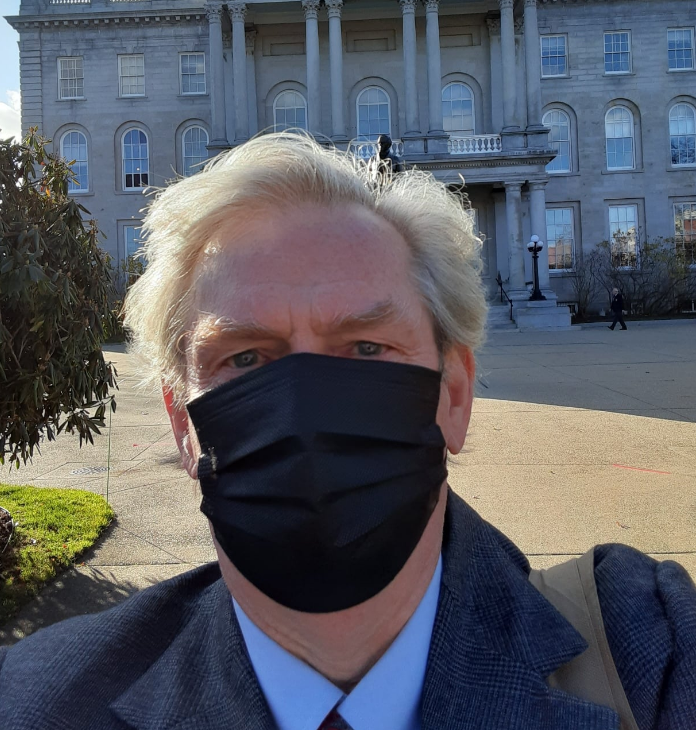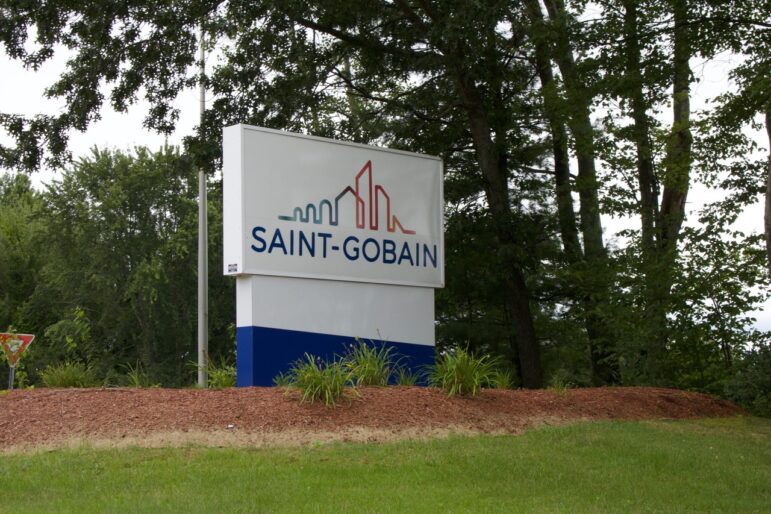By GARRY RAYNO, InDepthNH.org
aCONCORD — The House Ways and Means Committee will take its time with a Senate bill exempting Payroll Protection Program grants from the state’s business profits tax calculation.
Businesses meeting program requirements may have the federal loans forgiven and instead become grants to the businesses. Under the federal program, that income is exempt from tax liability, but not in New Hampshire and a number of other states.
Senate Bill 3 passed the Senate on a 23-0 vote, but questions arose whether some businesses would receive a “double benefit” under its provisions during the committee’s public hearing on the bill last week.
To date 39 states have exempted the grants for businesses tax purposes, but New Hampshire and 10 others have yet to decide.
With the exemption, the Department of Revenue Administration estimates it would reduce business tax revenues by $99 million.
The business expenses such as payroll, mortgage or rent payments, utilities and other related expenses are deductible both under state and federal provisions.
Under the federal program intended to help businesses pay and retain workers during the pandemic’s economic downturns, 60 percent of the loan has to be used for payroll, as well as other requirements to become grants.
Rep. Walter Spilsbury, R-Charlestown, proposed an amendment Tuesday that would not allow the expenses paid by the PPP money to be deducted as an offset to business tax liability, but would not change the state’s current allowable business deductions.
He questioned if the bill truly benefits the companies they want to help.
“The more you look at this bill, the money would be going in all the wrong direction,” Spilsbury said. “If you believe small and independent businesses continue to struggle, there are better ways to assist them than this bill.”
The only businesses that benefit are companies that make enough profits to pay the business profits tax, he noted. The current threshold is $50,000, but lawmakers are expected to increase it this session.
Committee members need to consider what the intended benefits would be if they passed the bill without changes, Spilsbury said, and who gets the benefits.
“The more profitable the business, the more the benefit, the less profitable the business the less the benefit,” he said. “On the surface it is appealing, but this bill is a blunt instrument.”
Spilsbury said the grants and deductions are two separate issues and they don’t necessarily have to be dealt with together. About 25,000 businesses in New Hampshire have PPP loans, totaling an estimated $2.4 billion.
Rep. Susan Almy, D-Lebanon, said the committee also needs to consider the issue of timing as most companies received the loans last year, but are now in the process of recovering. And she said the Small Business Administration has been slow to approve forgiveness and that needs to be done by August for the exemption to be considered in the current fiscal year.
Committee members are also concerned companies receiving grants — or assuming they will be grants — are filing state tax returns for this fiscal year under the current law making the grants taxable. If they are, those payments could be inflating business tax revenues, which in the future would have to be paid back to companies as refunds if SB 3 is approved in some form.
The committee is expected to meet with several accountants Wednesday at 10 a.m. to learn whether their clients are paying under the current law assuming SB 3 will be approved. The committee has until May 27 to make a recommendation on the bill, and is expected to continue working on it until the deadline.
BPT Threshold
The House Ways and Means Committee is likely to agree to increase the threshold for paying the business profits tax but will have to decide the level at another meeting next week.
Senate Bill 101 would increase the threshold when a business is liable to pay the business profits tax from the current level of $50,000 to $75,000.
The committee will decide at its next meeting if it will recommend increasing the threshold to either $92,000 — which would track the rate of inflation since the threshold was last changed in 1993 — or to $100,000.
According to the Department of Revenue Administration, raising the threshold to $75,000 would eliminate 660 business from paying the tax and lower state revenues by $1.5 million; with the threshold $85,000, 896 business would no longer pay, costing $2.1 million; and at $100,000, 1,021 companies would no longer pay and cost $2.9 million.
The proposed amendments would also index the threshold to the rate of inflation every two years, just as the business enterprise tax is adjusted.
“This would give more smaller businesses a break from having to file unnecessary paperwork,” said Rep. Jordan Ulery, R-Hudson, the sponsor of the amendment raising the threshold to $100,000.
Rep. Almy said she favors the number derived from the rate of inflation at $92,000 noting with indexing starting at $100,000, the threshold could go up quickly if inflation returns.
The committee is expected to vote on the two amendments next week when the members begin deciding their recommendations on bills before the panel.
Garry Rayno may be reached at garry.rayno@yahoo.com.





